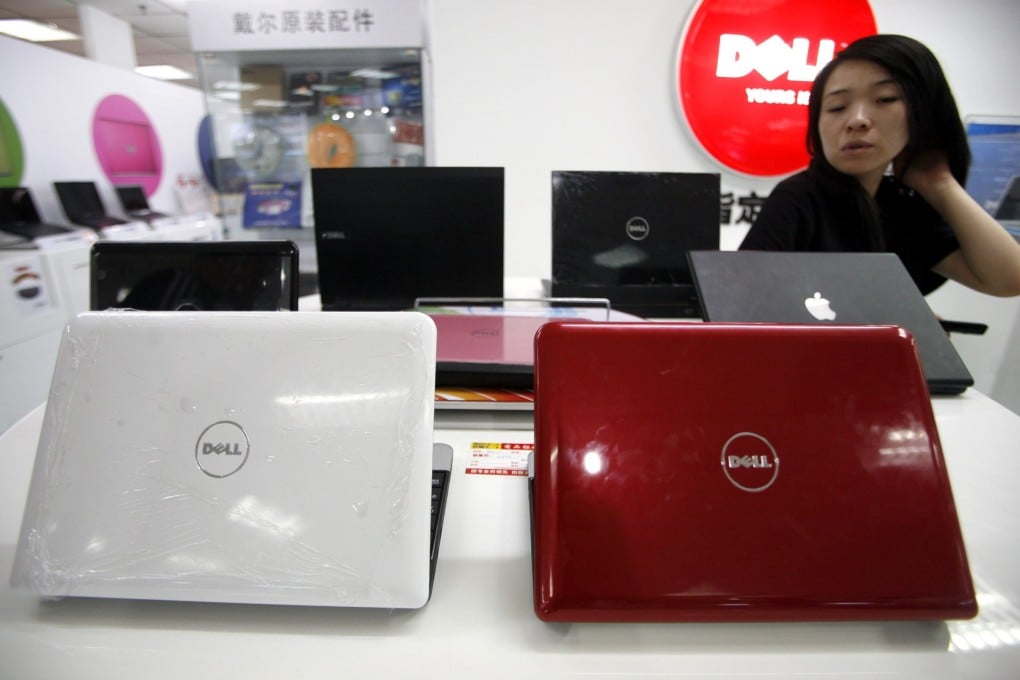Coronavirus-driven order delays, US tariffs on China raise world PC prices. Is relief on the way?
- Lockdowns and shipment delays caused by China’s zero-Covid strategy are adding to cost pressures for PC makers
- Companies are moving to diversify production bases, while there are signs of a potential US shift on Trump-era tariffs

PCs by Dell and its fellow top-ranked developers are hardly the only goods bottlenecked in China – or threatened by US import tariffs approved since 2018. Cars, phones, building materials are feeling similar pinches.
But PCs including laptops stand out for their heavy dependence on the Chinese supply chain and a surge in global demand since the onset of the coronavirus pandemic when consumers needed more notebooks for home study or telework – a trend that sparked shortages of the chips that power computers. Now PC retail prices are going up.
“The increase in logistics costs due to factors such as city closures and port blockages under the pandemic, coupled with the supply crunch of parts and materials, have pushed the price of components upwards,” said Angela Huang, an analyst with the Taipei-based Market Intelligence & Consulting Institute.
Cost pressure will put PC manufacturers to the test
“Cost pressure will put PC manufacturers to the test as they have to maintain a relatively safe and high inventory level to avoid supply crunch.”